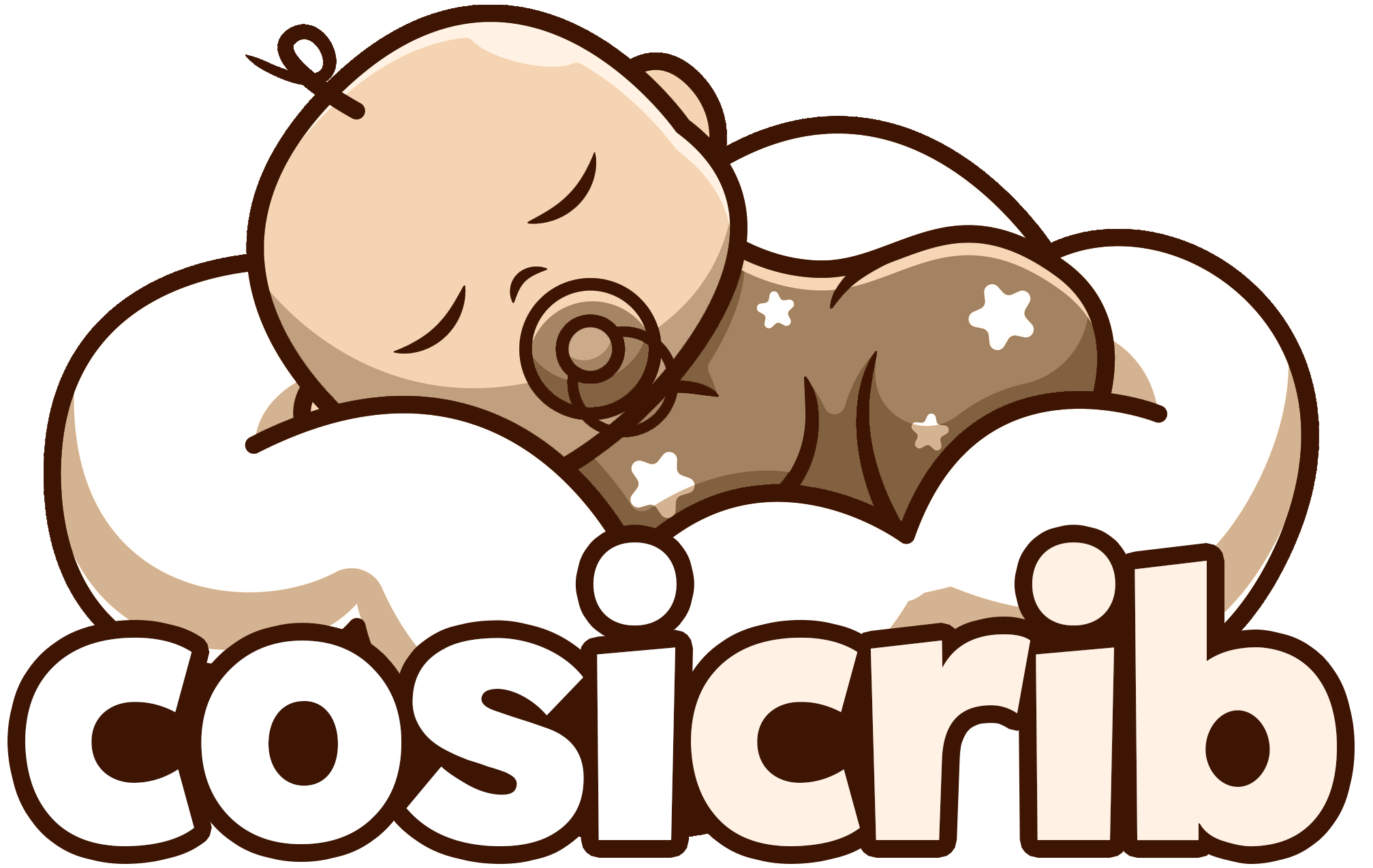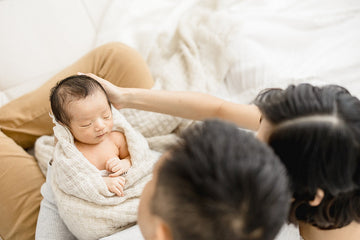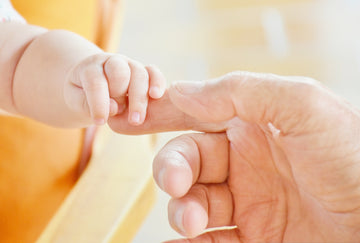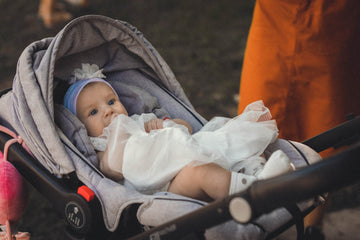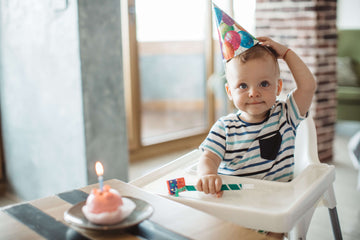There’s something beautifully liberating about standing in a calm, uncluttered room—especially when that room belongs to a baby. You might not expect minimalism and parenting to go hand-in-hand, considering how baby stores are overflowing with products labeled “must-haves.” But here’s a little secret that experienced parents will tell you: babies don’t need much to thrive. What they do need is love, security, and a few well-chosen essentials.
Minimalist parenting isn’t about depriving your child. It’s about clearing the noise, dialing into what matters, and creating a space that promotes peace—for both your baby and yourself. Whether you're a soon-to-be parent curating a registry or knee-deep in onesies and wondering where the floor went, this post is for you.
Let’s explore how simplifying your baby gear and routine can lead to a more joyful and connected parenting journey.
What Is Minimalist Parenting?
Minimalist parenting is the intentional practice of simplifying what you buy, what you do, and what you believe you must provide as a parent. It's about ditching the pressure of "more is better" and choosing only what truly adds value to your family's daily life.
Think of it like curating a capsule wardrobe—but for parenting.
You're not depriving your child of opportunities. You're creating space for meaningful experiences, better bonding, and easier decision-making. It’s not about having less—it’s about having just enough.

Why Go Minimal with a Baby?
Let’s face it: parenting is already full of uncertainty. You don’t need overflowing toy baskets, five kinds of bottles, and baby gadgets that require instruction manuals. Here's why minimalist parenting might be your new best friend:
Less clutter = less stress. A tidy, breathable space can calm both you and your baby.
Easier routines. Fewer products mean quicker cleanups, simpler packing, and smoother days.
Better spending. You’ll save money by investing only in products that serve real, ongoing purposes.
Focus on connection. Less stuff makes room for more interaction and mindful parenting.
Sustainable choices. Buying less helps the planet and reduces unnecessary waste.
The Baby Essentials That Truly Matter
So, what do you actually need for a new baby? Here’s a simplified checklist that focuses on function, comfort, and versatility.
1. Feeding Essentials
Whether you're breastfeeding, bottle-feeding, or doing a mix of both, you don’t need a dozen contraptions. A few high-quality bottles, a bottle warmer if needed, burp cloths, and a comfortable nursing pillow go a long way.
Helpful minimalist pick: The Anti-Fall Baby Milk Bottle is ideal for on-the-go parents. Its spill-proof design helps reduce messes and stress.
2. Sleeping Gear
You need a safe, comfortable place for baby to sleep. Cribs, bassinets, or a Portable Baby Crib Nest are all great minimalist choices. Keep it simple—skip the fancy bumpers and excessive bedding.
3. Clothing (But Not Too Much!)
Babies grow like weeds. A modest rotation of cozy onesies, socks, and weather-appropriate wear is more than enough. Think about 6–8 outfits per size stage.
4. Diapering
You’ll need diapers, wipes, and a simple changing pad. If you’re on the go, something compact like a Foldable Diaper Changing Pad fits perfectly with the minimalist mindset.
5. Bathing
All you really need is a soft towel, gentle soap, and a small basin or sink to bathe baby. No need for bulky tubs with gadgets attached.
6. Mobility & Carrying
Rather than buying a car seat, stroller, travel system, and multiple carriers, find one item that can multitask. The Ergonomic Hip Seat Carrier supports your back and keeps baby close, which aligns perfectly with minimalist parenting goals.
Tips to Embrace Minimalist Parenting
Minimalist parenting is more about mindset than shopping lists. Here's how to start adopting the philosophy in a way that feels realistic:
1. Set Boundaries with Baby Gear
Before buying or adding anything to a registry, ask:
Does this solve a real problem?
Will I use this regularly for more than a few weeks?
Is this safe, durable, and versatile?
2. Focus on Multi-Functionality
Choose items that serve more than one purpose. For example, a muslin blanket can be a nursing cover, stroller shade, swaddle, or tummy time mat.
3. Create a Clutter-Free Baby Space
Babies don’t need a Pinterest-perfect nursery. Start with a few essentials, and leave room to grow into the space. Fewer visual distractions can even help with better sleep.
4. Watch for Emotional Clutter Too
Minimalist parenting also means cutting down on guilt, comparison, and the pressure to do it all. Trust your instincts. No one knows your baby better than you.
5. Rotate and Reuse
Rotate toys or books to keep things interesting without overwhelming your baby. Buy quality items that can be passed on, resold, or repurposed for future children.
Letting Go of the “More is Better” Myth
We’re living in an age where baby gear marketing is constant and aggressive. It's easy to feel like you're missing out or doing something wrong if you don’t have the latest vibrating bassinet or smart bottle tracker.
But here’s the truth: your baby won’t remember whether their bib was organic cotton from France. What they will remember (and what you will feel in your bones) is the way you showed up for them every day—with patience, presence, and love.
Less stuff means fewer distractions from the things that matter most.
Final Thoughts: Minimalism, But Make It Yours
Minimalist parenting doesn’t have to be rigid. It’s not about sticking to a strict checklist or comparing how few toys you own. It’s about curating your parenting experience around your values—not your clutter.
Start small. Maybe it’s donating a few unused baby items. Maybe it’s choosing just one carrier that does it all. Whatever your starting point, know that simplifying your space can lead to a clearer mind and a more connected bond with your baby.
Because at the end of the day, parenting isn’t about having everything. It’s about being everything—present, loving, and truly there.
And that? That’s more than enough.
